Global Forum on Migration and Development
|
Official Logo | |
| Formation | 2006 |
|---|---|
| Type | Government Meeting |
| Headquarters | Geneva, Switzerland |
Membership | Member States and Observers of the United Nations |
Official language | English, French and Spanish |
Host Country | Turkey (2014-2015) |
Chair-in-Office | H.E. Mr. Mevlüt Çavuşoğlu |
| Website | http://www.gfmd.org |
The Global Forum on Migration and Development (GFMD) is a recent initiative of the United Nations Member States to address the migration and development interconnections in practical and action-oriented ways. It is an informal, non-binding, voluntary and government-led process that marks the culmination of more than a decade of international dialogue on the growing importance of the linkages between migration and development. It reflects the progressive acknowledgement of the limits of a strictly national approach to migration questions and implications at a global level in an intergovernmental framework. In view of the societal implications of these issues, civil society representatives have also been involved from the outset in this process.[1]
Background
Among the formative initiatives pre-dating the GFMD are:
- The UN Population and Development Conference in Cairo[2] (1994)
- The Global Commission on International Migration (GCIM)[3]
- The UN General Assembly 14–15 September 2006 High-Level Dialogue on International Migration and Development (HLD)[4]
Objectives
The objectives of the GFMD are:
- To provide a venue for policy-makers and high-level policy practitioners to informally discuss relevant policies and practical challenges and opportunities of the migration-development nexus, and engage with other stakeholders, including non-governmental organizations, experts and migrant organizations to foster practical and action-oriented outcomes at national, bilateral and international level;
- To exchange good practices and experiences, which can be duplicated or adapted in other circumstances, in order to maximize the development benefits of migration and migration flows;
- To identify information, policy and institutional gaps necessary to foster synergies and greater policy coherence at national, regional and international levels between the migration and development policy areas;
- To establish partnerships and cooperation between countries, and between countries and other stakeholders, such as international organizations, diaspora, migrants, academia etc., on migration and development;
- To structure the international priorities and agenda on migration and development.
Structure
Under the Operating Modalities of the GFMD adopted in 2007, the Forum meets every year for an inter-active and practice-oriented dialogue. It is attended by high-level and senior government policy-makers, and its deliberations are held under Chatham House Rules. A Report of Proceedings is prepared at the end of each Forum.
The supporting framework of the GFMD includes the following:
- The Chair-in-Office: the host government which assumes responsibility for the preparatory process and the implementation of each Forum. The Chair also supervises the GFMD Support Unit. The current GFMD Chair-in-Office is H.E. Mr. Mevlüt_Çavuşoğlu, Minister of Foreign Affairs, Turkey.
- The Troika: composed of the outgoing Chair, the current Chair, and the forthcoming Chair.
- The Steering Group: composed of a smaller number of governments that are firmly committed to offer sustained political and conceptual support to the Forum process and to the Chair-in-Office, and to ensure continuity of the process. The Steering Group meets at regular intervals in Geneva to consider and advise on all relevant policy issues pertaining to the smooth running of the Forum process. It may also create thematic follow-up working groups.
Steering Group Members:[5]
- The Friends of the Forum: open to all UN Member States and Observers. It acts as a sounding board by ensuring that all Members States and Observers of the UN are kept abreast of Forum-related developments; and advises on the agenda, structure and format of the GFMD meeting. Friends of the Forum Meetings are held, in principle, at least twice in between each Forum meeting at a venue to be determined by the Chair-in-Office.
GFMD Governments:[6]
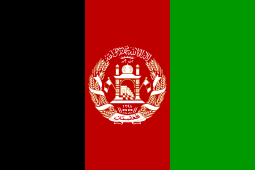 Afghanistan
Afghanistan Albania
Albania Algeria
Algeria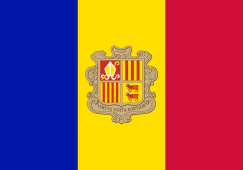 Andorra
Andorra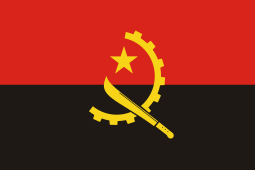 Angola
Angola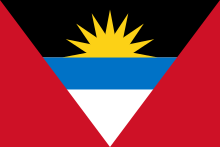 Antigua and Barbuda
Antigua and Barbuda Argentina
Argentina Armenia
Armenia Australia
Australia Austria
Austria Azerbaijan
Azerbaijan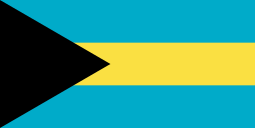 Bahamas
Bahamas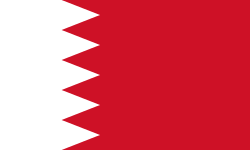 Bahrain
Bahrain Bangladesh
Bangladesh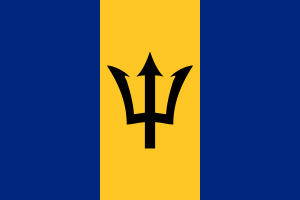 Barbados
Barbados Belarus
Belarus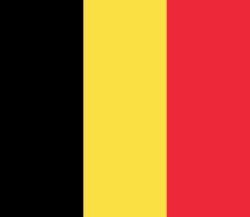 Belgium
Belgium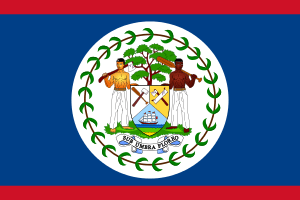 Belize
Belize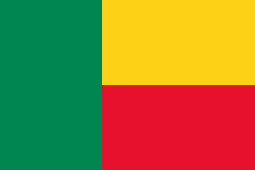 Benin
Benin Bhutan
Bhutan.svg.png) Bolivia (Plurinational State of)
Bolivia (Plurinational State of) Bosnia and Herzegovina
Bosnia and Herzegovina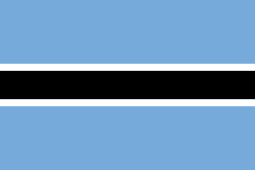 Botswana
Botswana Brazil
Brazil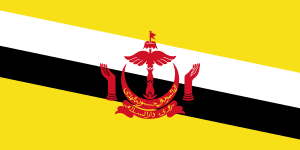 Brunei Darussalam
Brunei Darussalam Bulgaria
Bulgaria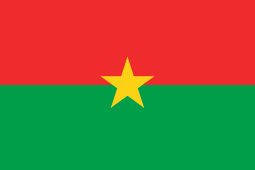 Burkina Faso
Burkina Faso Burundi
Burundi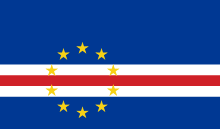 Cabo Verde
Cabo Verde Cambodia
Cambodia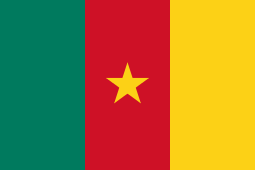 Cameroon
Cameroon Canada
Canada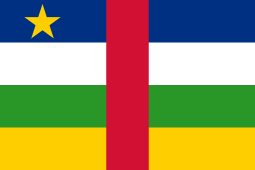 Central African Republic
Central African Republic Chad
Chad Chile
Chile China
China Colombia
Colombia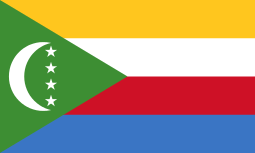 Comoros
Comoros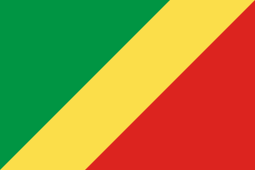 Congo
Congo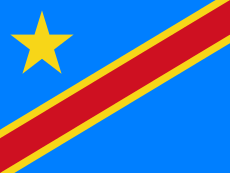 Democratic Republic of the Congo
Democratic Republic of the Congo.svg.png) Costa Rica
Costa Rica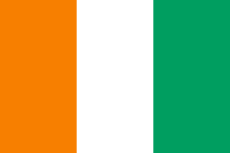 Côte d'Ivoire
Côte d'Ivoire Croatia
Croatia Cuba
Cuba Cyprus
Cyprus Czech Republic
Czech Republic Denmark
Denmark Djibouti
Djibouti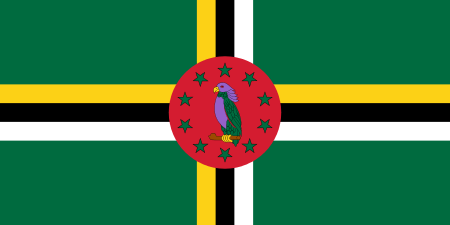 Dominica
Dominica Dominican Republic
Dominican Republic Ecuador
Ecuador Egypt
Egypt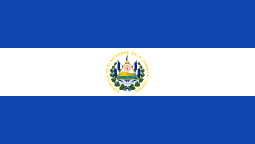 El Salvador
El Salvador Equatorial Guinea
Equatorial Guinea Eritrea
Eritrea Estonia
Estonia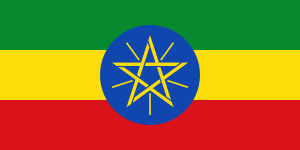 Ethiopia
Ethiopia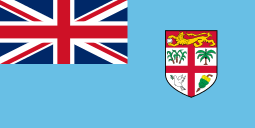 Fiji
Fiji Finland
Finland France
France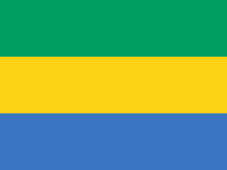 Gabon
Gabon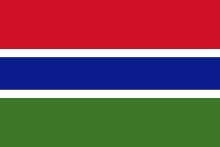 Gambia
Gambia Georgia
Georgia Germany
Germany Ghana
Ghana Greece
Greece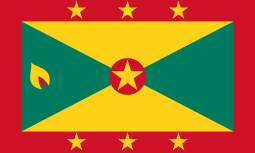 Grenada
Grenada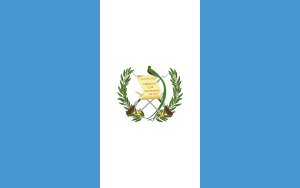 Guatemala
Guatemala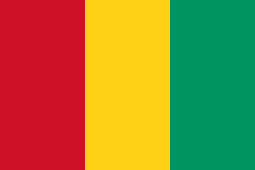 Guinea
Guinea Guinea-Bissau
Guinea-Bissau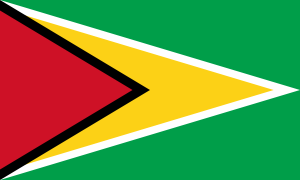 Guyana
Guyana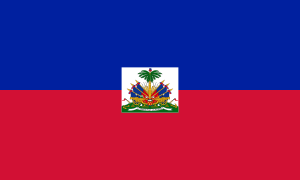 Haiti
Haiti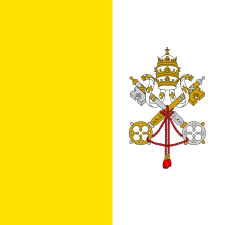 Holy See
Holy See Honduras
Honduras Hungary
Hungary Iceland
Iceland India
India Indonesia
Indonesia Iran (Islamic Republic of)
Iran (Islamic Republic of)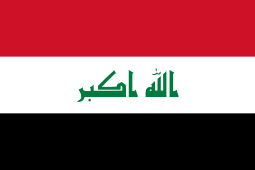 Iraq
Iraq Ireland
Ireland Israel
Israel Italy
Italy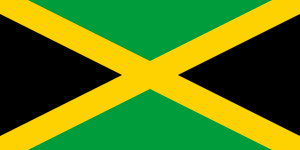 Jamaica
Jamaica Japan
Japan Jordan
Jordan Kazakhstan
Kazakhstan Kenya
Kenya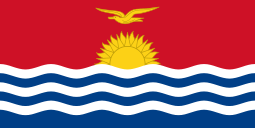 Kiribati
Kiribati Democratic People's Republic of Korea
Democratic People's Republic of Korea Republic of Korea
Republic of Korea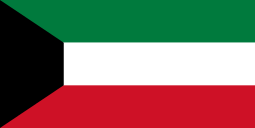 Kuwait
Kuwait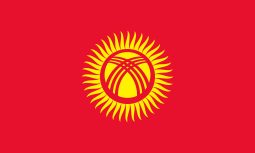 Kyrgyzstan
Kyrgyzstan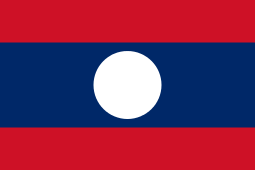 Lao People's Democratic Republic
Lao People's Democratic Republic Latvia
Latvia Lebanon
Lebanon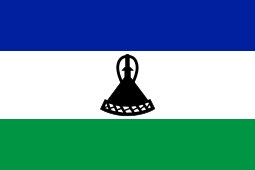 Lesotho
Lesotho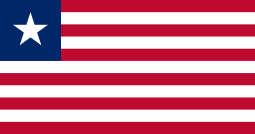 Liberia
Liberia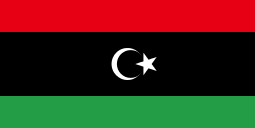 Libya
Libya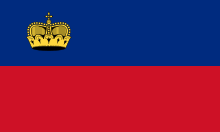 Liechtenstein
Liechtenstein Lithuania
Lithuania Luxembourg
Luxembourg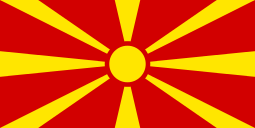 Macedonia
Macedonia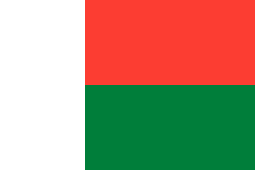 Madagascar
Madagascar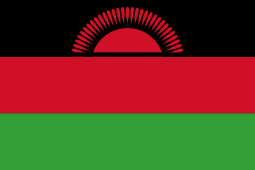 Malawi
Malawi Malaysia
Malaysia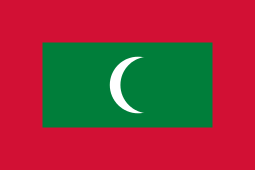 Maldives
Maldives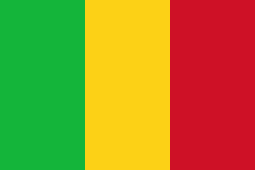 Mali
Mali Malta
Malta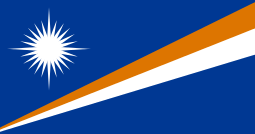 Marshall Islands
Marshall Islands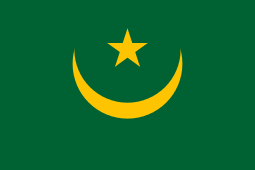 Mauritania
Mauritania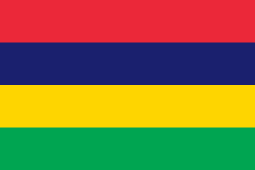 Mauritius
Mauritius Mexico
Mexico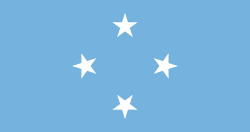 Micronesia (Federated States of)
Micronesia (Federated States of)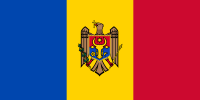 Republic of Moldova
Republic of Moldova Monaco
Monaco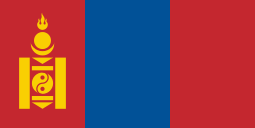 Mongolia
Mongolia Montenegro
Montenegro Morocco
Morocco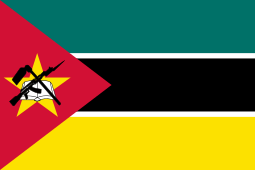 Mozambique
Mozambique Myanmar
Myanmar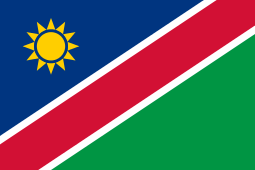 Namibia
Namibia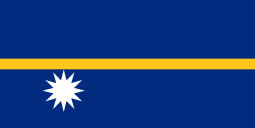 Nauru
Nauru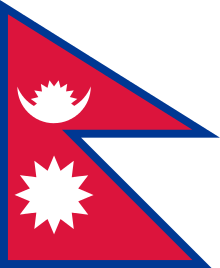 Nepal
Nepal Netherlands
Netherlands New Zealand
New Zealand Nicaragua
Nicaragua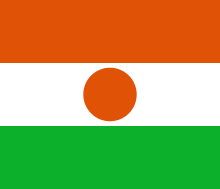 Niger
Niger Nigeria
Nigeria Norway
Norway Oman
Oman Pakistan
Pakistan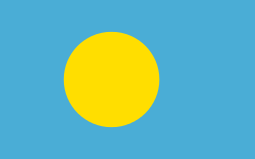 Palau
Palau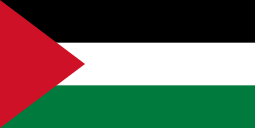 Palestine
Palestine Panama
Panama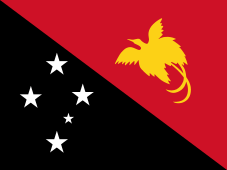 Papua New Guinea
Papua New Guinea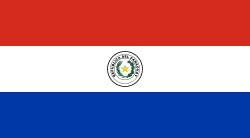 Paraguay
Paraguay.svg.png) Peru
Peru Philippines
Philippines Poland
Poland Portugal
Portugal Qatar
Qatar Romania
Romania Russia
Russia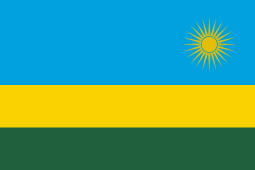 Rwanda
Rwanda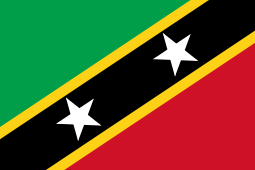 Saint Kitts and Nevis
Saint Kitts and Nevis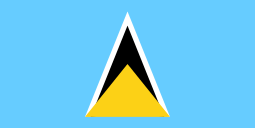 Saint Lucia
Saint Lucia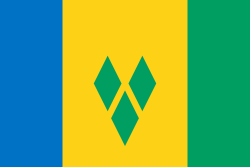 Saint Vincent and the Grenadines
Saint Vincent and the Grenadines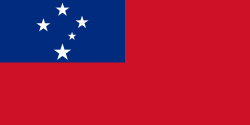 Samoa
Samoa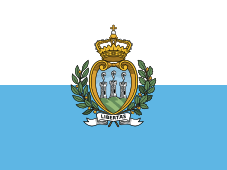 San Marino
San Marino Sao Tome and Principe
Sao Tome and Principe Saudi Arabia
Saudi Arabia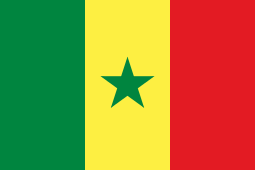 Senegal
Senegal Serbia
Serbia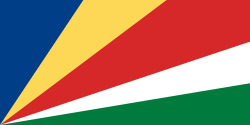 Seychelles
Seychelles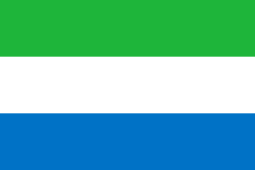 Sierra Leone
Sierra Leone Singapore
Singapore Slovakia
Slovakia Slovenia
Slovenia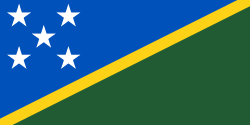 Solomon Islands
Solomon Islands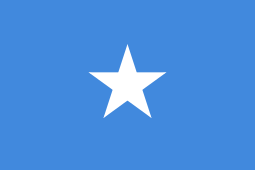 Somalia
Somalia South Africa
South Africa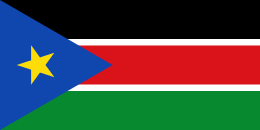 South Sudan
South Sudan Spain
Spain Sri Lanka
Sri Lanka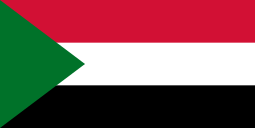 Sudan
Sudan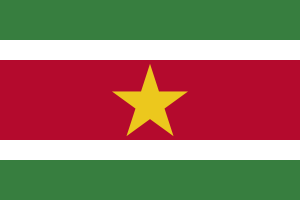 Suriname
Suriname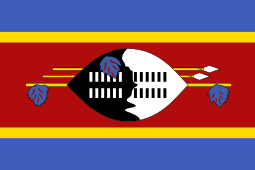 Swaziland
Swaziland Sweden
Sweden Switzerland
Switzerland Syrian Arab Republic
Syrian Arab Republic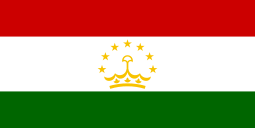 Tajikistan
Tajikistan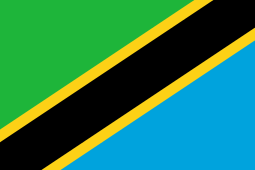 United Republic of Tanzania
United Republic of Tanzania Thailand
Thailand Timor-Leste
Timor-Leste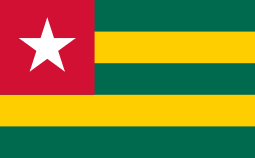 Togo
Togo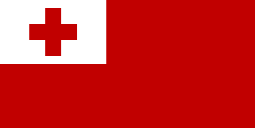 Tonga
Tonga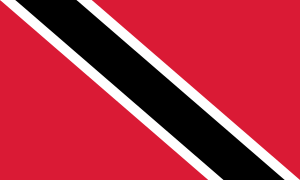 Trinidad and Tobago
Trinidad and Tobago Tunisia
Tunisia Turkey
Turkey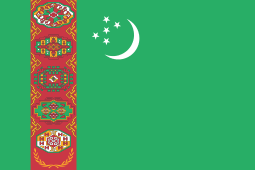 Turkmenistan
Turkmenistan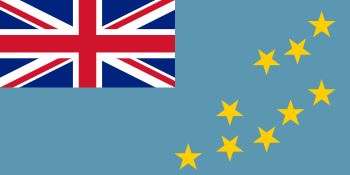 Tuvalu
Tuvalu Uganda
Uganda Ukraine
Ukraine United Arab Emirates
United Arab Emirates United Kingdom
United Kingdom United States
United States Uruguay
Uruguay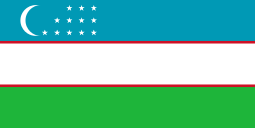 Uzbekistan
Uzbekistan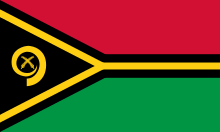 Vanuatu
Vanuatu.svg.png) Venezuela (Bolivarian Republic of)
Venezuela (Bolivarian Republic of) Viet Nam
Viet Nam Yemen
Yemen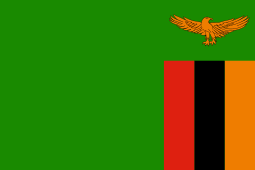 Zambia
Zambia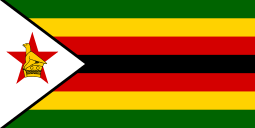 Zimbabwe
Zimbabwe
GFMD Observers:[7]
- African, Caribbean and Pacific Group of States
- ACP Observatory on Migration
- African Union
- Association of Southeast Asian Nations
- Asian Development Bank
- Common Market for Eastern and Southern Africa
- Committee on the Protection of the Rights of All Migrant Workers and Members of their Families
- European Union
- Inter-American Development Bank
- Intergovernmental Consultations on Migration, Asylum and Refugees
- International Catholic Migration Commission
- International Center for Migration Policy Development
- International Federation of Red Cross and Red Crescent Societies
- International Fund for Agricultural Development
- International Labour Office
- International Organization for Migration
- International Organization of the Francophonie
- Joint Migration and Development Initiative
- League of Arab States
- John D. and Catherine T. MacArthur Foundation
- Office of the High Commissioner for Human Rights
- Office of the Special Representative of the Secretary General
- Organization for Economic Co-operation and Development
- Organization for Security and Cooperation in Europe
- Organization of Islamic Conference
- Regional Conference on Migration (Puebla Process)
- Secretaría General Iberoamericana
- South American Conference on Migration
- Sovereign Military Order of Malta
- United Nations Children's Fund
- United Nations Conference on Trade and Development
- United Nations Department of Economic and Social Affairs
- United Nations Development Fund for Women
- United Nations Development Programme
- United Nations Educational, Scientific and Cultural Organization
- United Nations High Commissioner for Refugees
- United Nations Institute for Training and Research
- United Nations Office on Drugs and Crime
- United Nations Population Fund
- United Nations Regional Commissions
- United Nations Special Rapporteur on the Human Rights of Migrants
- World Bank
- World Health Organization
- The Chair’s Taskforce: gives political, conceptual and operational advice to the Chair, composed of: national government staff from different ministries and departments and a limited number of international advisers sponsored by other governments or international organizations.
- The GFMD Support Unit: created in 2008 to perform administrative, financial and logistical functions; manage GFMD-related data and information; manage internationally contributed funds; and operate the GFMD website and the GFMD Platform for Partnerships (the latter since 2010).
- The Global Network of GFMD Focal Points: created in 2007 to facilitate further dialogue at the national level, as well as networking at the global level between GFMD governments.
- The GFMD government-led ad hoc Working Groups, established by the Steering Group, which prioritize and follow up on outcomes of previous GFMD meetings and link these to current and future thematic priorities.
- The UNSG’s Special Representative on International Migration and Development (currently Sir Peter Sutherland) appointed in 2006, who played a key role in the creation of the GFMD and provides a link between the United Nations and the GFMD.[8]
Following invitation of the Swiss Chair, in 2001 the International Catholic Migration Commission (ICMC) took the role of Coordinating Office for Civil Society. It currently maintains this role.
Chair-in-Office and past GFMD
The host country (Chair-in-Office) assumes responsibility for the preparatory process and the implementation of each Forum. The host government chairs all sessions related to Forum preparations and chairs the Forum. The Chair-in-Office is assisted by the country that organized the previous Forum and the country that will host the following meeting of the Forum.
- The Belgium GFMD was chaired by Mrs. Régine de Clercq, former Ambassador for Migration and Asylum Policy of Belgium, who acted as the Belgian Executive Director of the GFMD.
- The Philippines GFMD was chaired by Mr. Esteban B. Conejos Jr., Undersecretary for Migrant Workers' Affairs of the Philippine Department of Foreign Affairs. He was the Philippine GFMD focal point and Secretary General of the GFMD National Organizing Committee.
- The Greece GFMD was chaired by Mrs. Theodora Tzakri, Deputy Minister of Interior, Decentralization and E-Governance. Ambassador Anastasios Scopelitis was appointed as the Head of the GFMD Athens 2009 Taskforce, comprising both the national and international experts. In this capacity, Ambassador Scopelitis directed the substantive and organizational preparations for the Athens meeting.
- The Mexico GFMD meeting was initially chaired by Ambassador Juan Manuel Gómez Robledo, Undersecretary for Multilateral Affairs and Human Rights of the Mexican Ministry of Foreign Affairs. Mrs. Cecilia Romero Castillo, then Commissioner of INM, acted as Executive Director. On 7 October, she was succeeded by Mr. Salvador Beltrán del Rio Madrid. In late October 2010, Amb Julián Ventura Valero, Undersecretary for North America at the SRE assumed the role of the GFMD Chair.
- The Switzerland GFMD meeting was chaired by Ambassador Eduard Gnesa, Swiss Special Ambassador for International Cooperation in Migration. He chaired all preparatory meetings of the GFMD in 2011, and some of the GFMD 2011 thematic meetings held all over the world. He was assisted by a taskforce that included national and international experts and advisors. Three Swiss agencies formed part of the Swiss GFMD Taskforce, namely, the Human Security Division of the Federal Department of Foreign Affairs, the Swiss Agency for Development and Cooperation, and the Swiss Federal Office for Migration.
- The Mauritius GFMD was chaired by Mr. Ali Mansoor, Financial Secretary of the Ministry of Finance and Economic Development (MOFED) of the Republic of Mauritius. He chaired all of the GFMD 2012 preparatory meetings and headed a National Task Force with representatives from Mauritian public institutions, private sector, civil society, IOM Mauritius and international advisors. Five international workshops on key migration and development themes were also held as part of the GFMD 2012 preparatory meetings under the Mauritian Chairmanship.
- The Sweden GFMD (2013 to 2014) was chaired by Mrs. Eva Åkerman Börje, Ambassador, Government Offices of Sweden.
- Turkey took over the Chairmanship of the Global Forum on Migration and Development (GFMD) as of 1 July 2014.
The Platform for Partnerships (PfP)
Since the creation of the GFMD in 2007, there have been continued calls during the annual GFMD meetings for online sharing of good practices using the GFMD website. At the initiative of the Mexican Chair and with the support of the current Swiss Chair the PfP has been created towards the end of 2010 to address this need and to foster new partnerships.
The GFMD Platform for Partnerships[9] (PfP - www.gfmd.org/pfp) is a tool to facilitate exchange and showcase projects, programs and policies that are undertaken by governments in the field of Migration and Development (M&D), and which are related to GFMD themes, debates and outcomes. The PfP is a four-pronged tool:
- for showcasing existing (or past) practices (M&D Policy and Practice Database)
- for fostering new projects and partnerships (M&D Calls for Action)
- for facilitating communication and exchange (M&D Networking)
- for showcasing products and policy tools (M&D Policy Tools)
See also
External links
References and notes
- ↑ "GFMD at a Glance". GFMD Support Unit.
- ↑ http://www.un.org/ecosocdev/geninfo/populatin/icpd.htm#chapter10
- ↑ http://www.gcim.org
- ↑ http://www.un.org/esa/population/migration/hld/index.html
- ↑ "GFMD Steering Group".
- ↑ "GFMD Focal Points Directory".
- ↑ "GFMD List of Observers".
- ↑ http://www.gfmd.org/en/faq.html
- ↑ http://www.gfmd.org/pfp